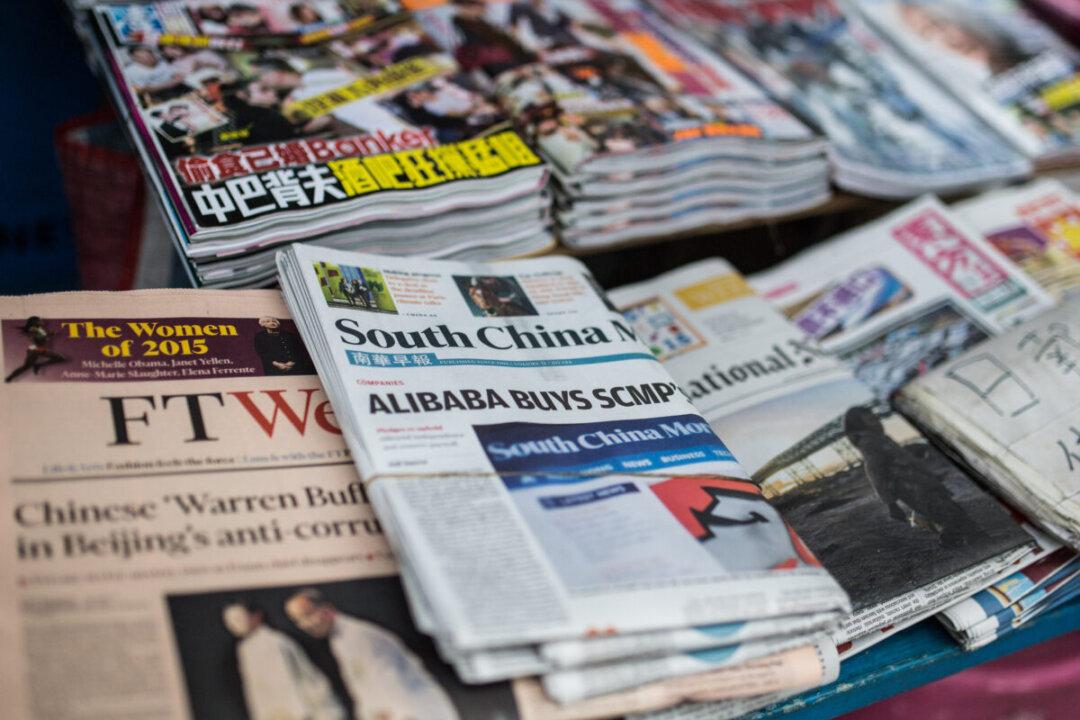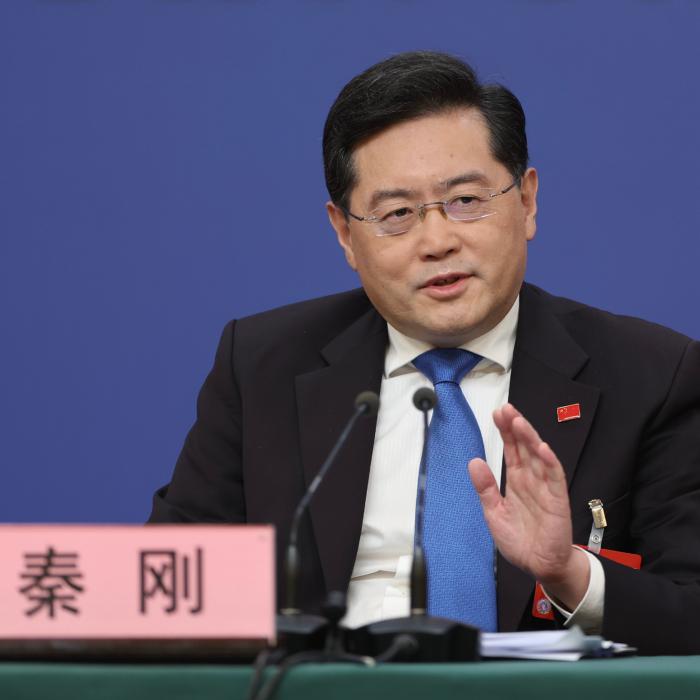A reporter for the Hong Kong daily South China Morning Post (SCMP) has been missing for over a month after attending a security forum in Beijing, sparking fears that Chinese authorities might have detained her.
Her friends said they were worried that the award-winning reporter might have been detained by Chinese authorities, as they have been unable to contact her since, the CPJ stated.
The newspaper said, “the safety of our journalists in the course of their professional work is of the utmost importance,” and that it would continue to communicate with Ms. Chan’s family and “provide all the necessary support they need.”
RSF Asia-Pacific Bureau Director Cedric Alviani expressed “deep concern” about her disappearance, saying that “it has become a common practice for the Chinese regime to kidnap journalists and arbitrarily detain them for months in black jails.”
‘Second-Worst Jailer of Journalists’
The CPJ ranked China as “the world’s second-worst jailer of journalists” in its 2022 prison census, which documented those imprisoned on Dec. 1, 2022, with at least 43 journalists behind bars.Peter Dahlin, the founder of Safeguard Defenders—a Pan-Asian human rights NGO—said that “China has had a system for disappearing people for up to half a year, incommunicado, at secret locations for quite some time.”
“It might sound innocuous, but it’s, in fact, feared far beyond being arrested and has been used en masse on rights defenders, local activists, and even celebrities such as Fan Bingbing,” he added.
Mr. Dahlin stated that the Chinese Communist Party (CCP) was not satisfied with RSDL alone; it also constructed the “Liuzhi system,” which is administered by the CCP’s internal police.
“As it isn’t in any way, shape, or form part of the judicial system, the power over its targets is absolute,” he remarked.
“The body in question can’t be sued for torture or misconduct, and if authorities hold you longer than the supposed maximum of six months, there’s nowhere to go to make an appeal.
Mr. Dahlin said the Liuzhi system doesn’t only apply to Party members but also to “state functionaries, those working in government agencies, state-owned enterprises, hospitals, labor unions, schools, and contractors.”







